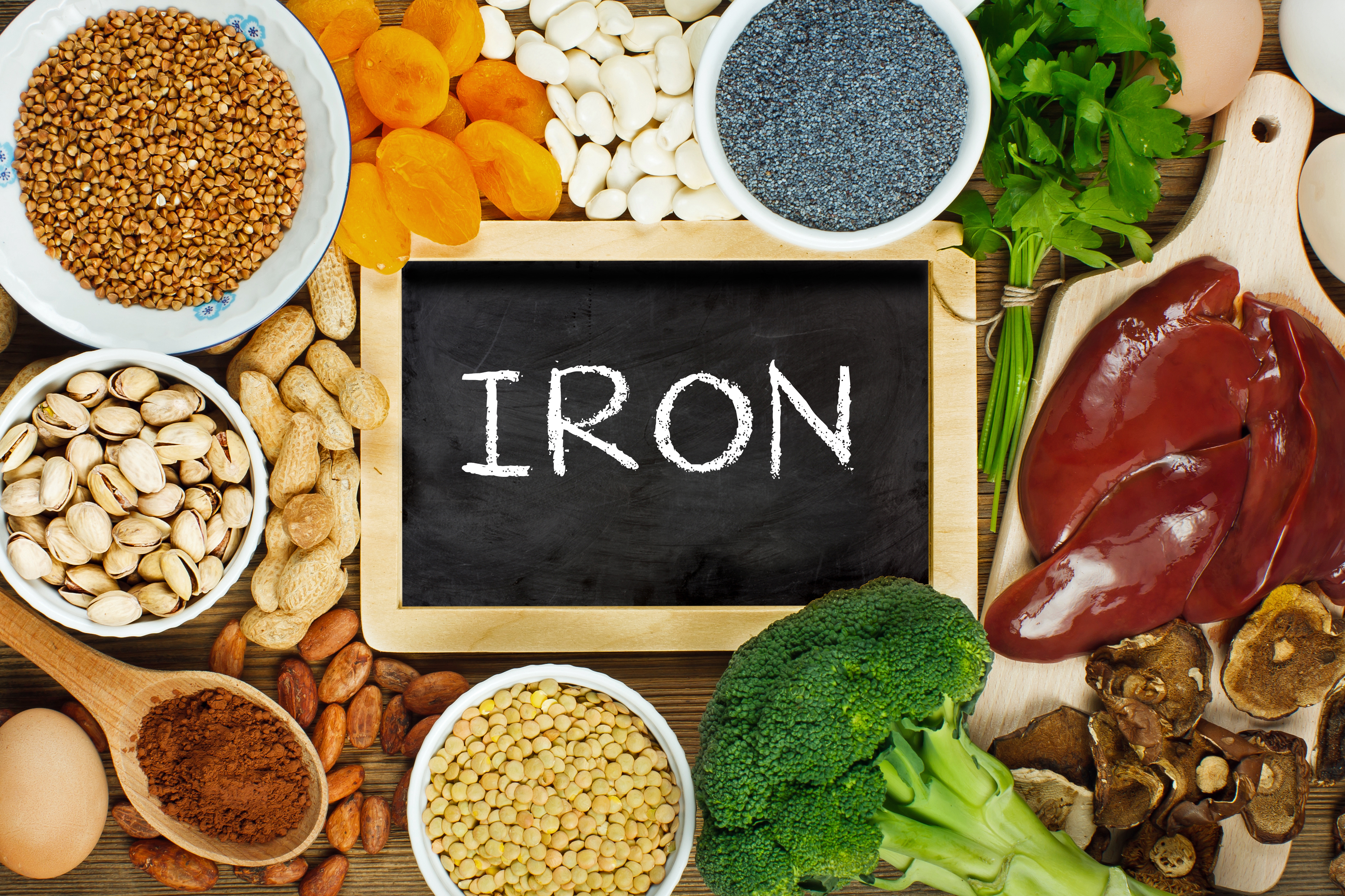
Haemoglobin is a type of protein in the red blood cells that transport oxygen to the whole body. Billions of cells in the body rely heavily on oxygen to repair and maintain themselves. Haemoglobin also plays a key role in maintaining the shape of the red blood cells to ease their movement along the veins. Low haemoglobin levels can negatively affect the body and cause a number of diseases. To prevent that, as reported by Medical News Today, here are a few tips that you can do to increase your haemoglobin levels:
-
Increase iron consumption
A person with low haemoglobin levels is advised to consume food rich in iron because iron is known to increase haemoglobin and red blood cells production. Meat, fish, soy products, eggs, dried fruits such as dates, broccoli, and nuts are among the foods that are rich in iron. -
Increase folate consumption
Folate is a part of vitamin B that plays an important role in haemoglobin production. The body uses folate to produce heme, a component of haemoglobin. Meat, spinach, rice, nuts, avocado, and lettuce are rich in folate. -
Maximise iron absorption
Helping the body absorb iron also can increase haemoglobin levels. Foods rich in vitamin C such as orange, strawberry, and green vegetables can help increase the amount of iron absorbed, as can foods rich in vitamin A (fish, liver, sweet potato) and beta-carotene (carrot, pumpkin). -
Consume iron supplement
A person with extremely low haemoglobin levels is advised to consume iron supplement with a dose depending on their haemoglobin levels. It is important to know that overconsumption of iron could cause haemochromatosis and liver diseases.
Text by Anggie Triana
Stock photos from: gettyimages.com
Source(s):
- How to increase hemoglobin: Home remedies (2018), https://www.medicalnewstoday.com/articles/321530.php, 25 April 2018.
- How to Raise Your Hemoglobin Count, (2017), https://www.healthline.com/health/how-to-increase-hemoglobin, 25 April 2018.